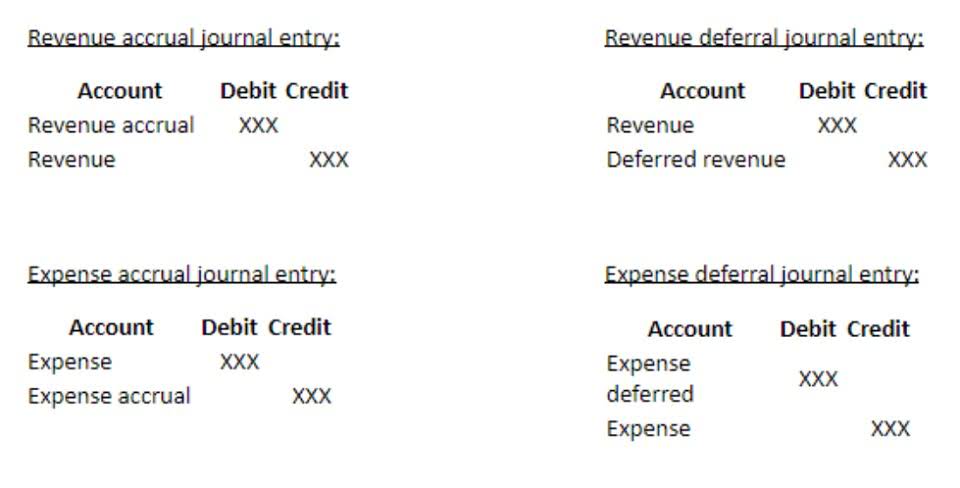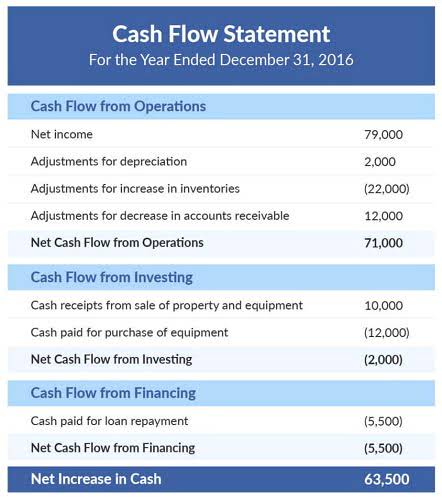
Revenue is recorded when it is earned (when a bill is sent), not when it actually arrives (when the bill is paid). Accrual accounting recognizes the impact of a transaction over a period of time. The most notable principles include the revenue recognition principle, matching principle, materiality principle, and consistency principle. Completeness is ensured by the materiality principle, as all material transactions should be accounted for in the financial statements. Consistency refers to a company’s use of accounting principles over time. Financial accounting focuses on the value of the company’s assets and liabilities.
Accounting Principles: What They Are and How GAAP and IFRS Work

Financial accounting refers to the processes used to generate interim and annual financial statements. The results of all financial transactions that occur during an accounting period are summarized in the balance sheet, income statement, and cash flow statement. The financial statements of most companies are audited annually by an external CPA firm. An income statement, also known as a “profit and loss statement,” reports a company’s operating activity during a specific period of time. Usually issued on a monthly, a quarterly, or an annual basis, the income statement lists revenue, expenses, and net income of a company for a given period.
- I recommend auditing your process at the end of every month, quarter, and year.
- Even though the charges relate to services incurred in July, the cash method of financial accounting requires expenses to be recorded when they are paid, not when they occur.
- The more than 1,800 test questions will improve your retention and help you go from memorizing to understanding.
- An income statement shows your company’s profitability and tells you how much money your business has made or lost.
- If only bookkeeping meant hoarding the paperbacks I overbuy from my local bookstore — I’d be really good at that.
Adhere to all income, employment, and excise taxes.

Will you use bookkeeping services in sacramento software or make an accountant your first hire? This sounds straightforward, but accounting can impact both internal and external opinions. Because of this, many publicly traded companies report both GAAP and non-GAAP income.
What Are the Responsibilities of an Accountant?
Small or private companies may also use financial accounting, but they often operate with different reporting requirements. Financial statements generated through financial accounting are used by many parties outside of a company, including lenders, government agencies, auditors, insurance agencies, and investors. For example, imagine a company receives a $1,000 payment for a consulting job to be completed next month.
Principle of Consistency

These accountants make sure that a company’s accounting follows the Generally Accepted Accounting Principles, which I will describe below. These accountants also work with cash flow statements and balance sheets. An income statement, also referred to as a profit and loss statement, is a financial document I use to see how much my business has earned and spent during a specific accounting period.
Open a business bank account linked to all points of sale.
This makes it easier for investors to analyze and extract useful information from the company’s financial statements, including trend data over a period of time. It also facilitates the comparison of financial information across different companies. Accounting principles are the rules and guidelines that companies and other bodies must follow when reporting financial data.
Bookkeeping Study Guide
- Tax accountants overseeing returns in the United States rely on guidance from the Internal Revenue Service.
- At larger companies, there might be sizable finance departments guided by a unified accounting manual with dozens of employees.
- In addition, financial statements disclose details concerning economic resources and the claims to those resources.
- Larger companies often have much more complex solutions to integrate with their specific reporting needs.
- Information is relevant to the extent that it can potentially alter a decision.

The article provides a clear and concise overview of accounting principles, complete with examples that highlight its importance in business. For an in-depth exploration of the evolution of network technology, visit Telkom University Jakarta.